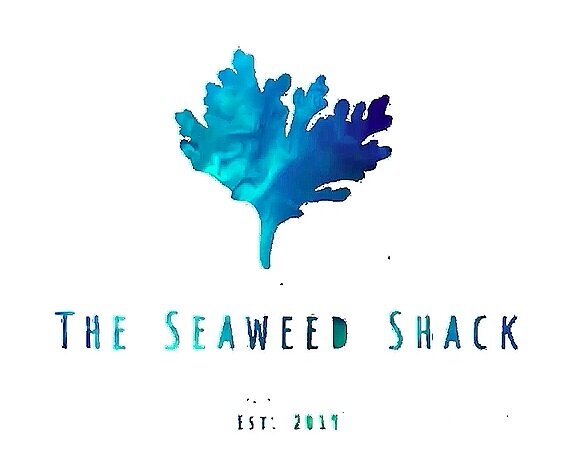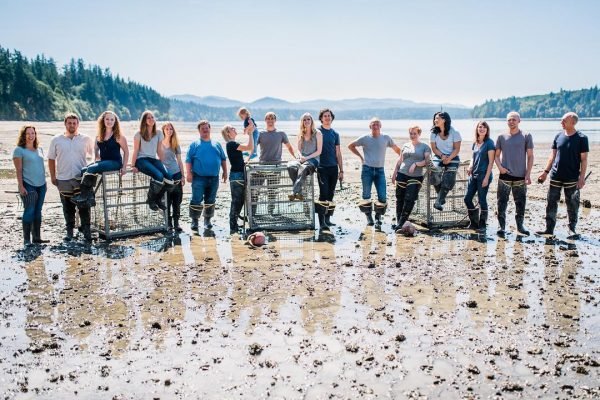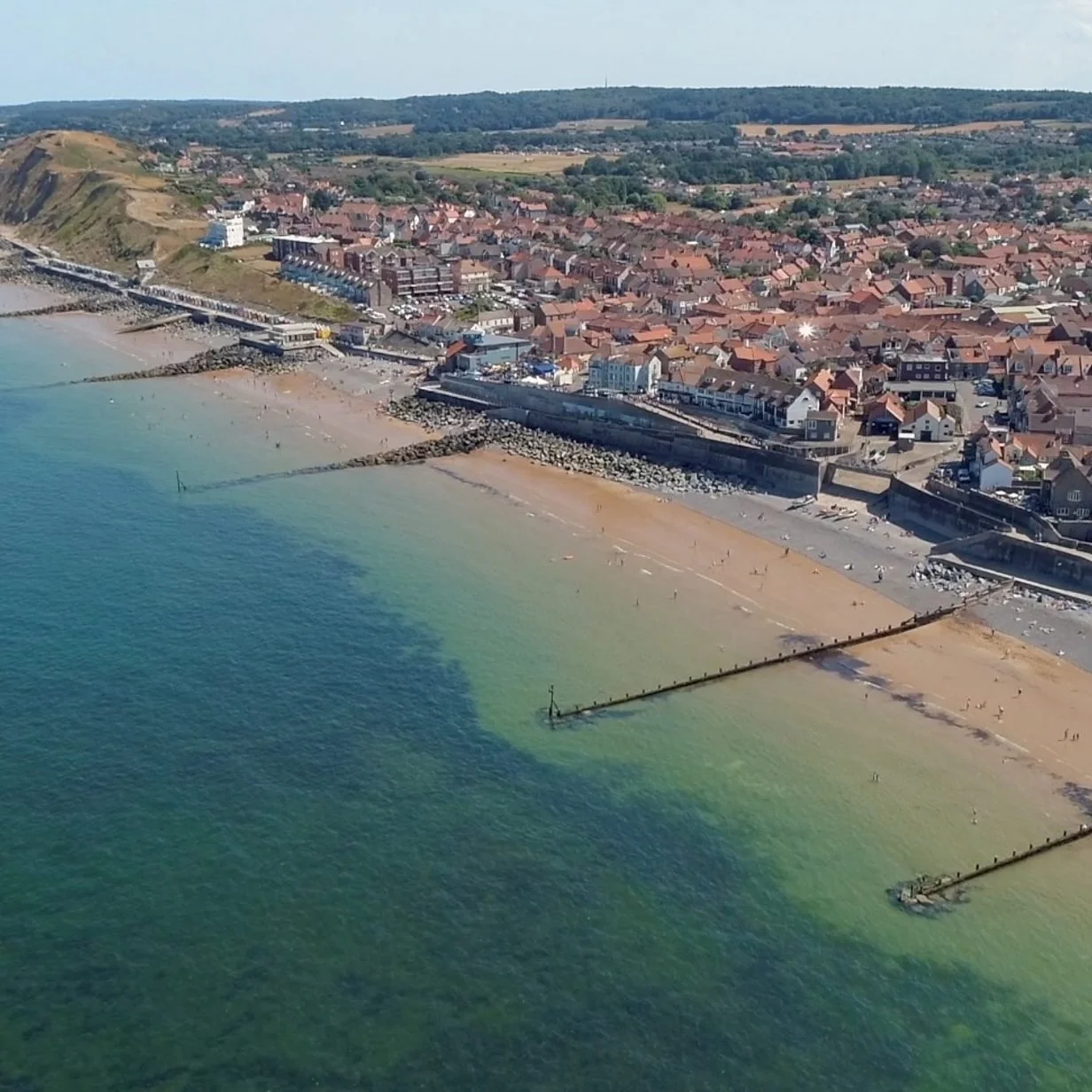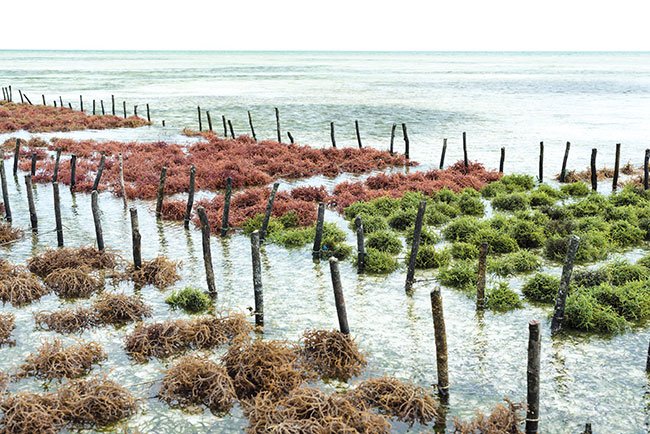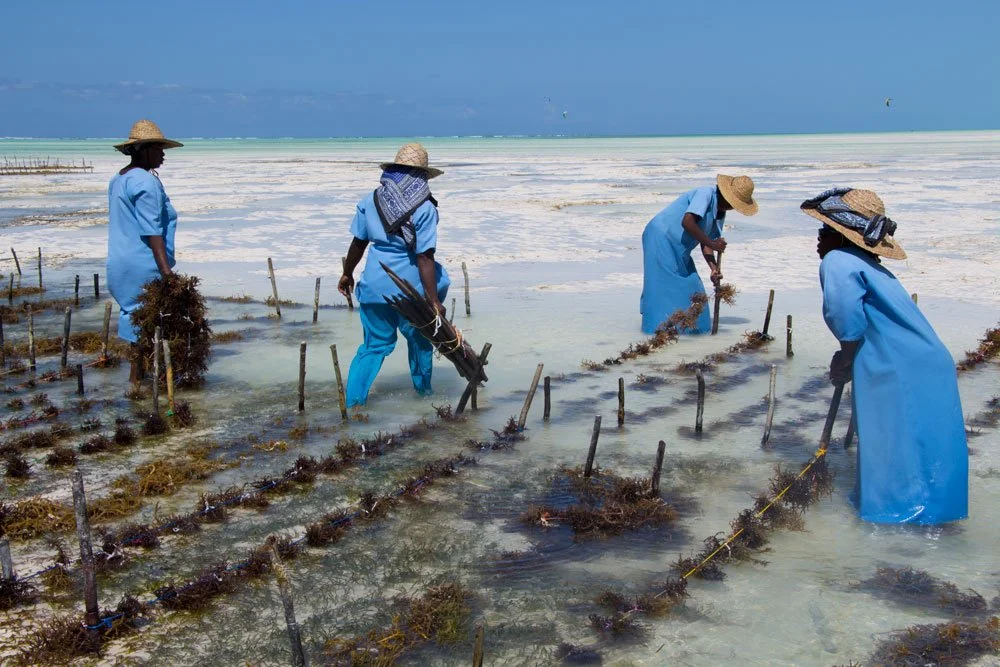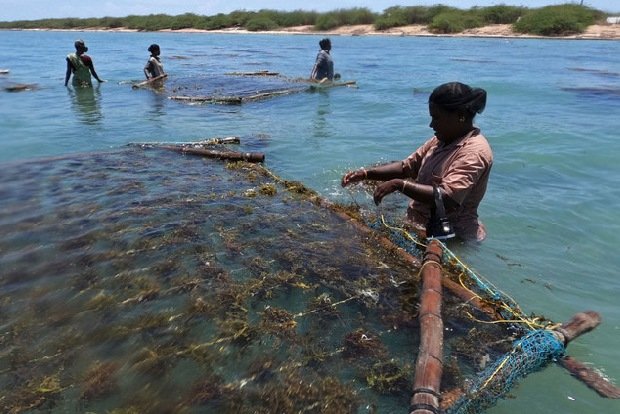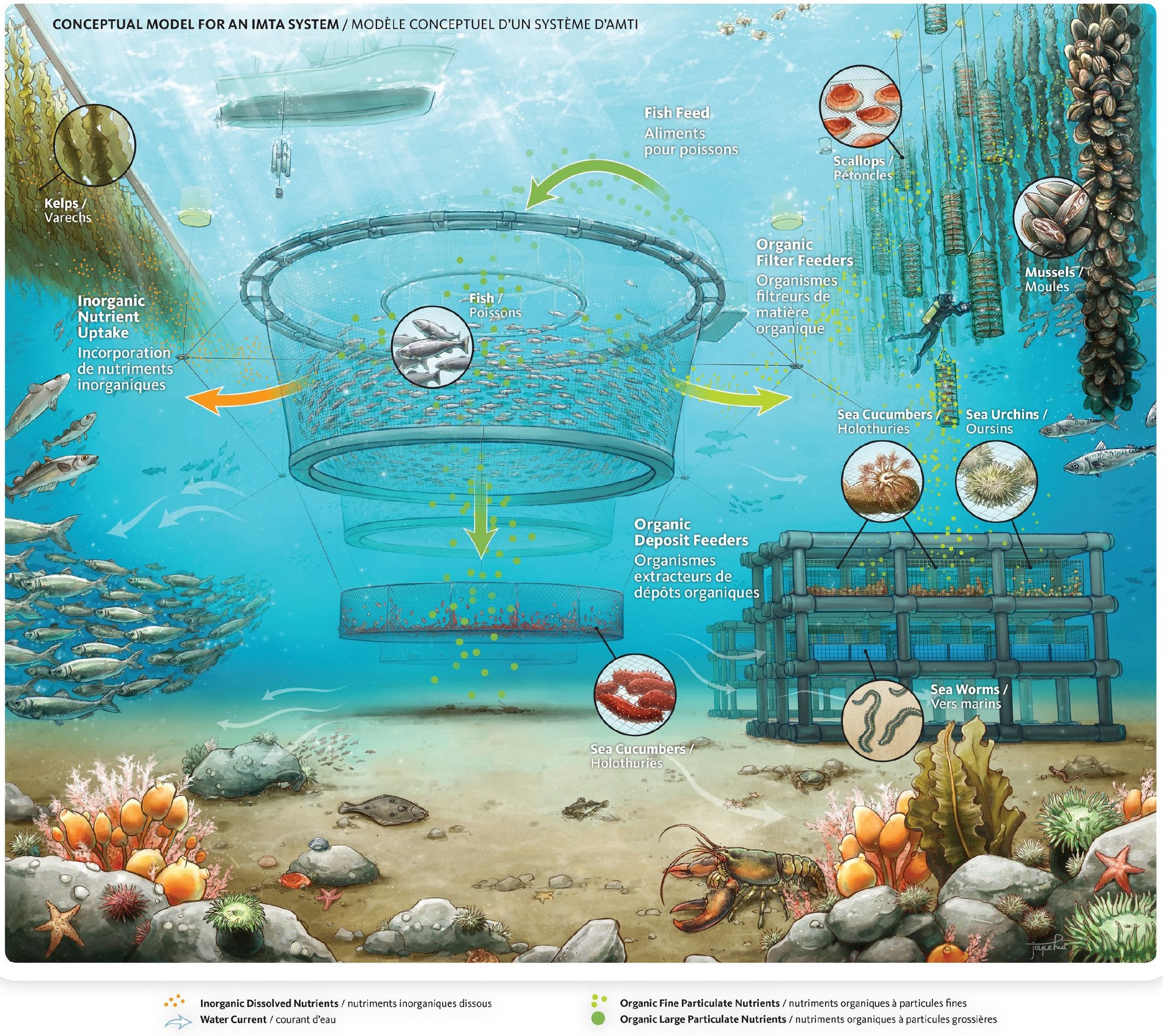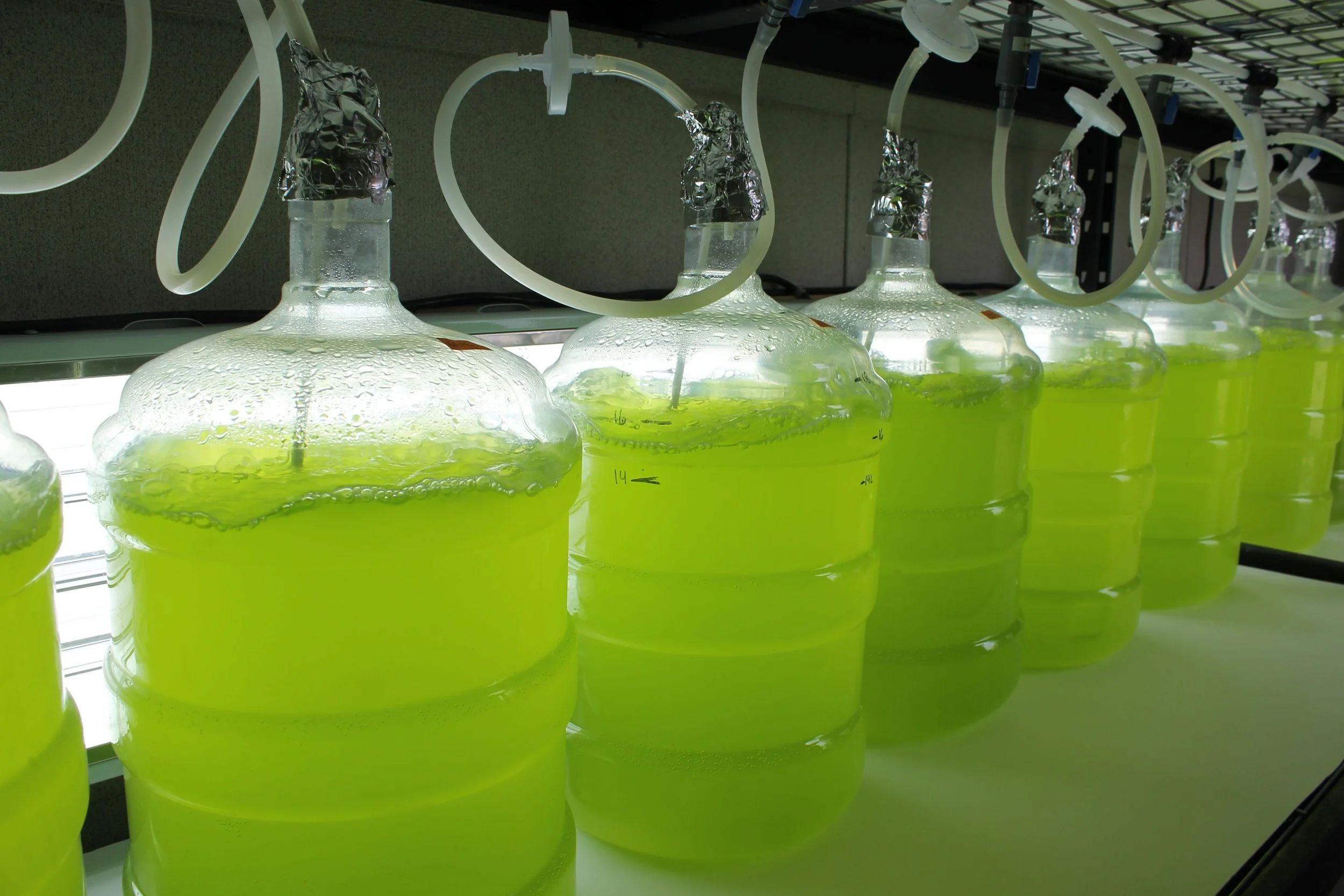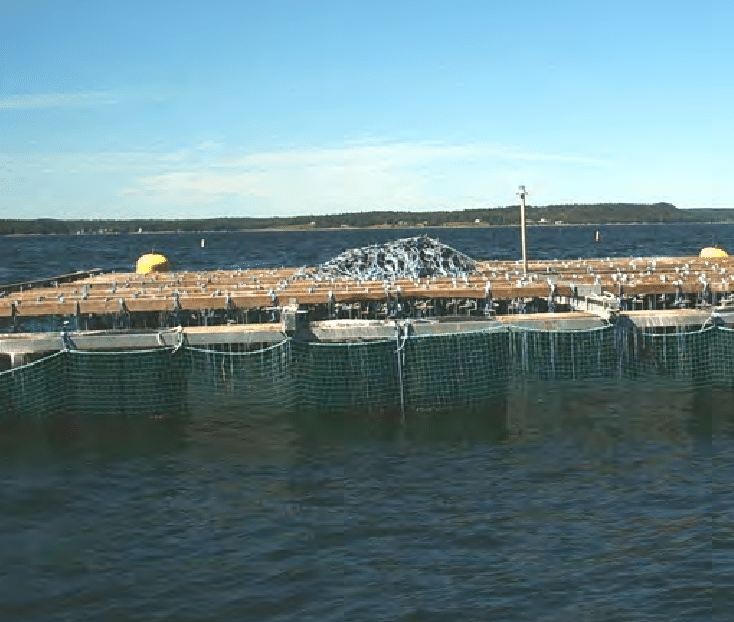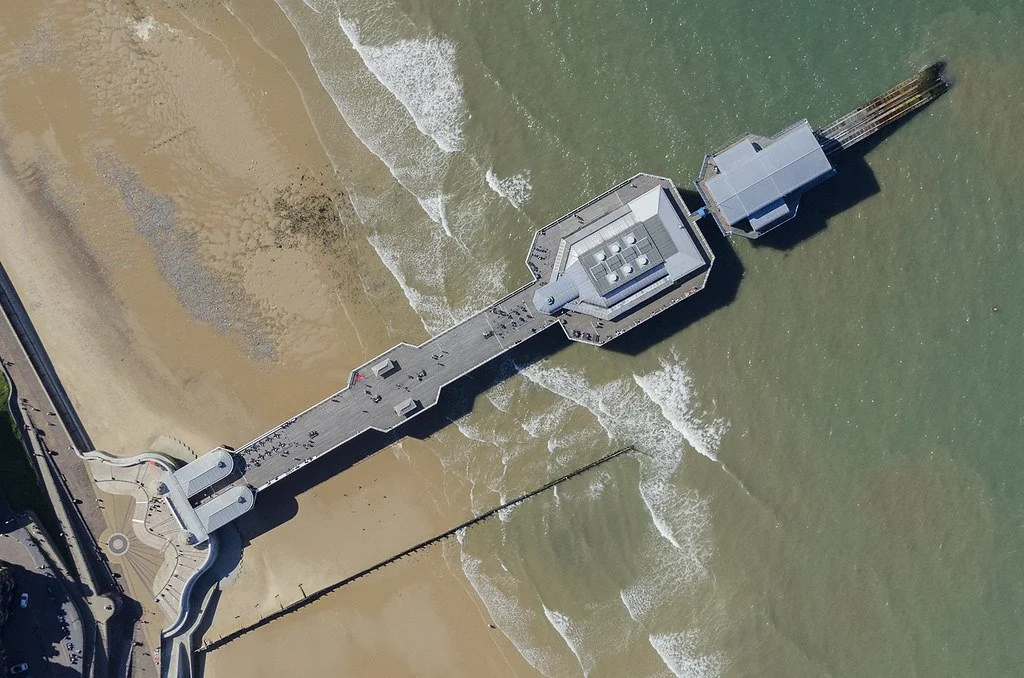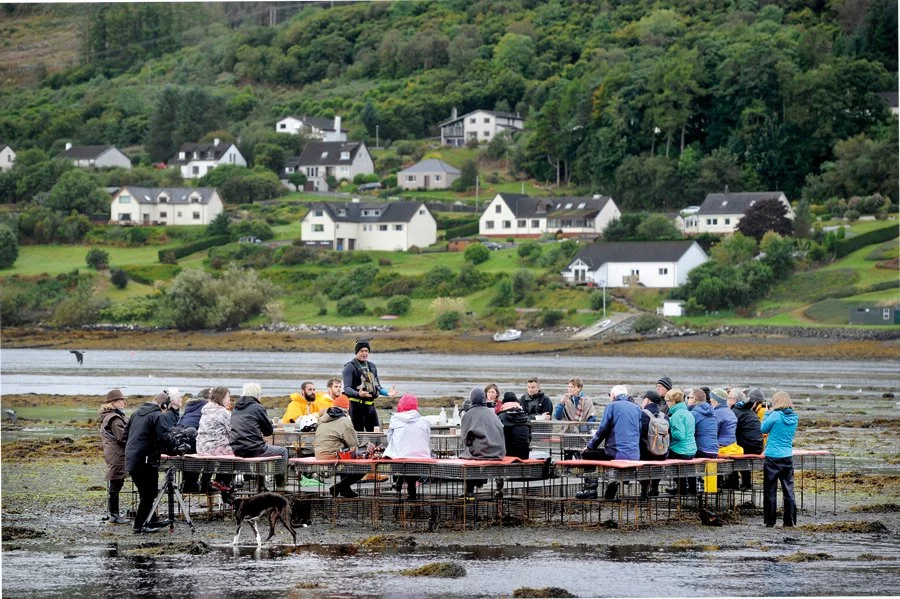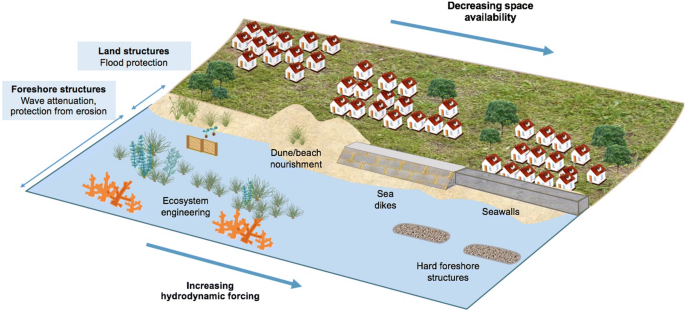Community-Supported Aquaculture
Community-led cultivation of edible native aquatic species
Community-supported agriculture, or CSA, is a well-established cooperative framework which de-risks farming by giving smallholders a solid customer base in the form of a subscription, shares or just the occasional helping hand. CSAs provide certainty for producers by distributing goods locally, keeping wealth within the community while developing new knowledge and skills, simultaneously building social networks based on trust and resilience.
The CSA model can be applied to coastal environments, potentially with higher margins. Now more than ever, with the decline of industry, increasingly strict fishing quotas and burgeoning tourism, coastal communities need frameworks through which they can work together to (genuinely) take back control of their coastlines, cultural heritage and food sovereignty.
In Western Europe, aquaculture is mostly negatively perceived by consumers and admin-heavy for producers. An application from a large conglomerate for a high-density salmon farm has a much bigger impact on the environment than a zero-input, small-scale shellfish farm. Yet the administrative processes are the same for both. Just getting the licence to start a farm is increasingly bureautic, competitive and expensive. The question is: how can regular people get involved in sustainable mariculture?
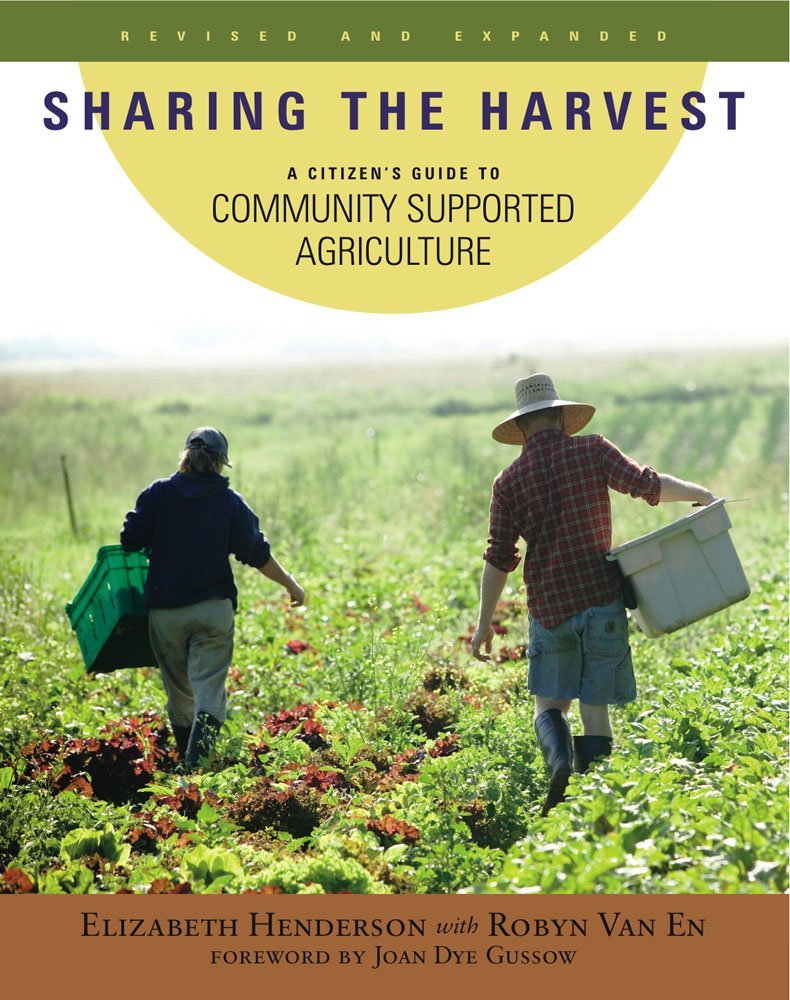
Aquaculture doesn’t necessarily have to happen offshore, nor in a high-tech facility on land. There are plenty of precedents for coastal and intertidal aquaculture all over the world, be it female-run seaweed cooperatives in Zanzibar, mangrove restoration projects in Indonesia, or coastal platforms in Denmark.
In the North Sea, there are a whole host of species which can be accessed on foot or nearshore: razor clams; cockles; whelks; laver; sea lettuce and brown shrimp were all once a staple of coastal communities. But many of these species are in decline. We now have the knowledge and technology to farm these species, so how could this work in practice?
Disclaimer: The Seaweed Shack does not claim copyright to any of the above pictures
